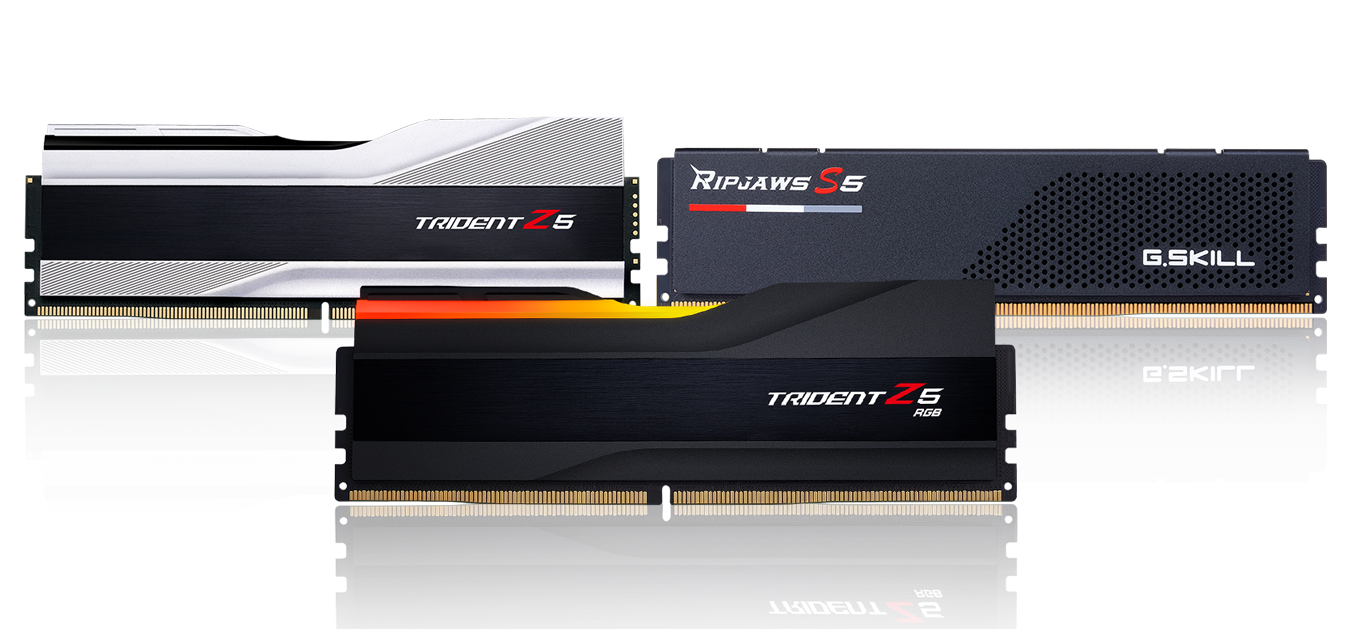- Joined
- Oct 12, 2021
- Messages
- 56 (0.04/day)
| System Name | Deneb |
|---|---|
| Processor | AMD Ryzen 7 7800X3D |
| Motherboard | Asus ProArt X670E-Creator WiFi |
| Cooling | CPU: Noctua D15. Case additional : ML140 Pro blue PWM (400-2000) x1, ML140 Pro RGB PWM (400-1200) x2 |
| Memory | G.Skill Flare X5 DDR5 6000Mbps EXPO 2x16Go |
| Video Card(s) | Geforce RTX 4070 Asus Dual 12Go |
| Storage | SSD Solidigm (SK Hynix) P44 Pro 2To (Gen4). HDD WD80EAZZ (8To, CMR) x2 in AMD RAID1 |
| Display(s) | Asus VG27AQ 27" 1440p 165Hz ELMB Sync, Freesync/Gsync compatible |
| Case | Fractal Design R6 Tempered Glass Black |
| Audio Device(s) | Motherboard soundcard. Logitech Z623 2.1 THX speakers. |
| Power Supply | Corsair RMx 2018 850W |
| Mouse | Logitech G502 |
| Keyboard | Filco Majestouch Convertible 2 (USB/BT) TKL Cherry blue |
| Software | Windows 11 Pro |
| Benchmark Scores | Cinebench R23 18440, Geekbench 6 CPU 2671/14823, GPU 181588, 3DMark Speedway 4723, Steel Nomad 4019 |
Hi,
I'm planning on buying a 7800X3D, probably a X670E mb, and 2x16GB of DDR5 6000, hopefully around CL30 (to reach 10ns latency which has always been the sweet spot for price/perf since the first generations of SDRAM). I plan on using my Noctua D15 as cooler, so I assume I will only be able to use "low profile" modules (I mean the standard size with only a small heatsink overhead, max 32mm total).
Where I live (Japan), I have found the GSkill Ripjaws S5 (XMP, CL30) or Flare X5 (EXPO, CL32) to be my best options. Both are currently at about the same price, which one would you take ? Is the EXPO support important for an AMD platform ? Or even worse, is it even relevant, for instance if I ever plan to come back to an Intel platform in the future, and I wouldn't be able to have my DDR5 memory optimized for it ?
I'm planning on buying a 7800X3D, probably a X670E mb, and 2x16GB of DDR5 6000, hopefully around CL30 (to reach 10ns latency which has always been the sweet spot for price/perf since the first generations of SDRAM). I plan on using my Noctua D15 as cooler, so I assume I will only be able to use "low profile" modules (I mean the standard size with only a small heatsink overhead, max 32mm total).
Where I live (Japan), I have found the GSkill Ripjaws S5 (XMP, CL30) or Flare X5 (EXPO, CL32) to be my best options. Both are currently at about the same price, which one would you take ? Is the EXPO support important for an AMD platform ? Or even worse, is it even relevant, for instance if I ever plan to come back to an Intel platform in the future, and I wouldn't be able to have my DDR5 memory optimized for it ?








